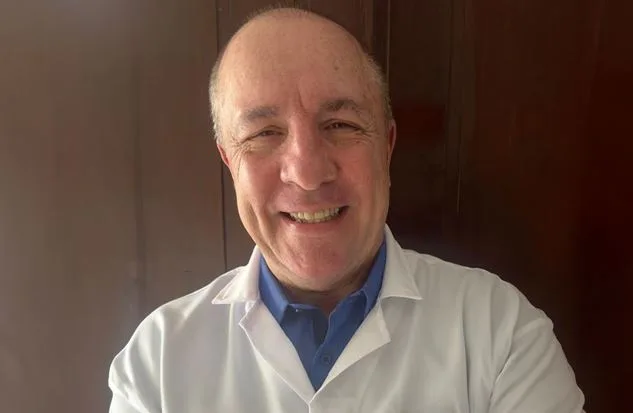The Veterinarian Who Wants to Reinvent America’s Food Safety—Before the Next Outbreak Hits
The intersection of animal health and food safety has always been a critical component of public health protection, but in recent years the stakes have grown considerably. Rising cases of zoonotic disease, the expanding complexity of food supply chains, and a more demanding regulatory environment have placed unprecedented pressure on both veterinary services and food producers. Federal inspections, once concentrated on identifying problems after they occurred, have shifted toward preventive measures under modern legislation such as the Food Safety Modernization Act. This shift has raised the bar for compliance but has also exposed a lack of trained professionals to carry out these responsibilities effectively.
Gaps in coverage are not limited to inspection agencies. According to national workforce data, more than five hundred counties in the United States are considered shortage areas for veterinarians specializing in food animal medicine, a number that continues to climb. This scarcity creates ripple effects across the food system, from missed inspection opportunities to slower response times during disease outbreaks. In regions with concentrated animal production or processing facilities, a single unaddressed lapse in protocol can have economic and health consequences that extend far beyond local borders.
Into this environment, Healthy Food Consulting LLC will step with a mandate to strengthen compliance systems and operational practices in both veterinary facilities and food production businesses. Based in Miami, the company will plan to operate on a national scale, targeting sectors where operational weaknesses and regulatory shortfalls could have the most significant public health impacts. Its founder, Fernando Pereira, will bring more than thirty years of professional experience that combines veterinary medicine, applied microbiology, and regulatory compliance. His track record includes training more than thirty thousand food handlers, implementing quality programs for large retail networks, and leading initiatives that linked food safety with social welfare goals.
“The challenges facing these sectors are not abstract. They have real consequences for human health, animal welfare, and economic stability,” Pereira explains. “We will focus on practical, measurable improvements so organizations can meet the highest standards without losing sight of efficiency and sustainability.”
Toward these stated goals, Healthy Food Consulting’s work will address two interconnected gaps: the shortage of specialized veterinary oversight and the operational weaknesses that undermine food safety. The company will aim to fill these voids by providing structured audits, targeted staff development, and strategic consulting that ties compliance goals directly to day-to-day operations. For small and mid-sized food producers, this could mean reducing the risk of contamination through more effective sanitation protocols and hazard monitoring systems. For veterinary facilities, it will include guidance on client service, biosecurity measures, and administrative workflows that ensure consistent adherence to health regulations.
The urgency of such interventions is underscored by data from the Centers for Disease Control and Prevention, which estimate that foodborne illnesses in the United States lead to an economic burden exceeding fifteen billion dollars annually. Beyond the financial cost, the human toll—hospitalizations, long-term health effects, and fatalities—demands a more integrated approach that connects veterinary expertise with modern operational management.
Pereira’s firm has a strategy of taking on projects that range from clinical audits in animal care settings to regulatory coaching for food processors, Healthy Food Consulting will position itself as both a technical advisor and a capacity builder. The company’s willingness to work in underserved areas, where veterinary food safety expertise is scarce, will allow it to function as an extension of public health infrastructure. This role will be especially significant in rural communities, where the absence of trained professionals can leave inspection agencies struggling to maintain coverage.
In addition to serving private businesses, Healthy Food Consulting seeks to commit to supporting non-profits, government programs, and animal welfare organizations at no cost. These engagements will not only provide immediate benefits to the organizations involved but will also contribute to national objectives related to food safety, disease prevention, and animal welfare.
Indeed, the broader industry context makes clear that any improvement in these areas requires both technical skill and sustained collaboration. Emerging risks such as antimicrobial resistance, climate-related disruptions, and shifting consumer expectations will continue to test the resilience of food and veterinary systems. Healthy Food Consulting’s approach, combining practical training, compliance alignment, and operational consulting, will be designed to help organizations navigate those challenges with greater confidence and capability.
With Pereira at the helm, the company will aim to close some of the most pressing gaps in the United States food safety and veterinary sectors. By linking regulatory expertise with on-the-ground operational improvements, Healthy Food Consulting will strive to contribute not only to the success of its clients but also to the stability and safety of the systems on which millions of people depend.




